A draft document setting out the mechanism for distributing migrants among EU member states was adopted at a meeting of the council of EU interior ministers. The decision means that if the legislative process is completed,
member states will have no say over who will live on their territory,
said Bence Retvari, parliamentary state secretary at the Interior Ministry.
Hungarian Prime Minister Viktor Orban reacted to the Council's decision on social media. He said:
Brussels is abusing its power. They want to relocate migrants to Hungary by force. This is unacceptable! They want to turn Hungary into an immigrant country by force.
National sovereignty is at stake
Constitutional lawyer Zoltan Lomnici Jr. told our paper that
according to the practice of the Hungarian Constitutional Court, the quota decision of the council of interior ministers also impacts the essential subject of member state sovereignty, since the composition of the population is among the factors in upholding sovereignty.
He added that "this is confirmed by the fact that, although there is freedom of settlement among the member states, each member state has agreed to it on the basis of sovereignty.” This consent also extends to decisions made by member states in the field of asylum and immigration policy through the powers delegated to them.

Deputy Minister Bence Retvari also pointed out that regarding asylum matters, the adopted document means that an EU distribution mechanism will essentially allow illegal migrants or the people smugglers transporting them to Europe to decide who will live in Europe, Zoltan Lomnici, Jr recalled. The consultant of the Szazadveg Foundation stressed to our newspaper that "the left tried to deny that it was striving for that, but the interior ministers of the member states adopted a very clear position on the regulation of asylum practices by a majority decision".
In light of this, it is shocking that the European and Hungarian right has been portrayed as a group of populist xenophobes who are using anti-immigrant rhetoric to stir up debate over the "non-existent" quota objective
h said, adding that the progressive left – and the European People's Party, which is unfortunately in collusion with it – is jeopardising the EU's integration ambitions and the principle of solidarity with this attitude.
Shifting the consequences of a misguided migration policy
Western European countries, which have a decisive influence in EU decision-making, would partly blame Hungary and Central Europe for the consequences of a failed immigration policy that has been in place for years, while the integration of migrants admitted to the EU over the past decade has not been as successful as originally envisaged,
Zoltan Lomnici Jr. noted. He said that this is evidenced by the fact that the region, and Hungary in particular, performed best amidst the economic difficulties caused by the pandemic crisis. He added that in the current unfavorable financial and economic situation that characterizes the EU today, and in a crisis exacerbated by the poor response to the war in Ukraine, it is rather significant that the power center in Brussels is opening up further "fronts" for debate within the EU.
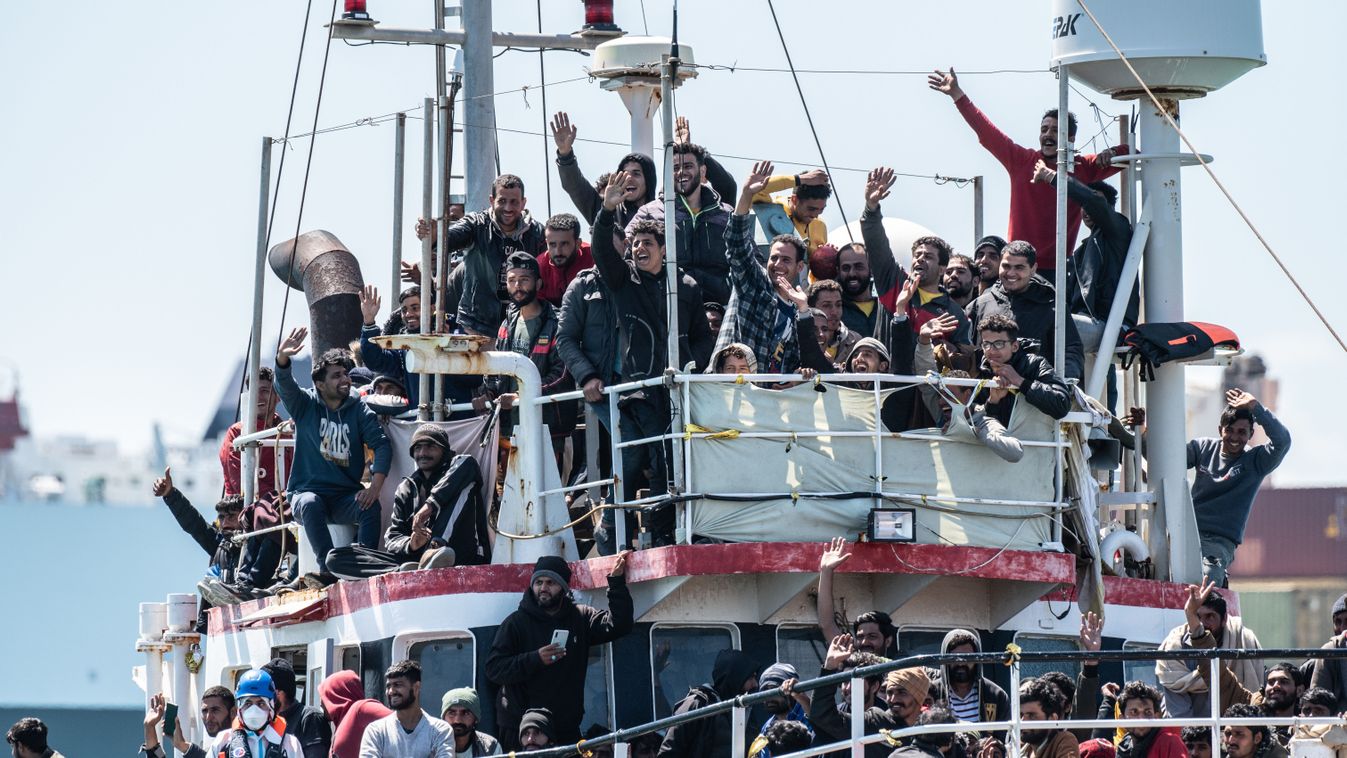


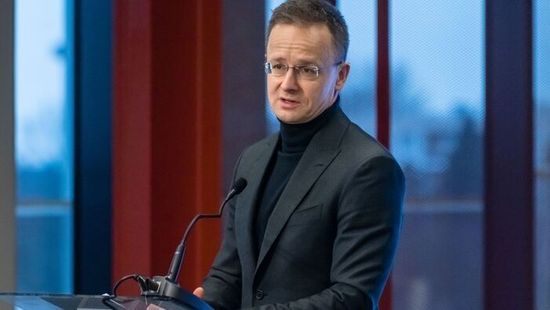



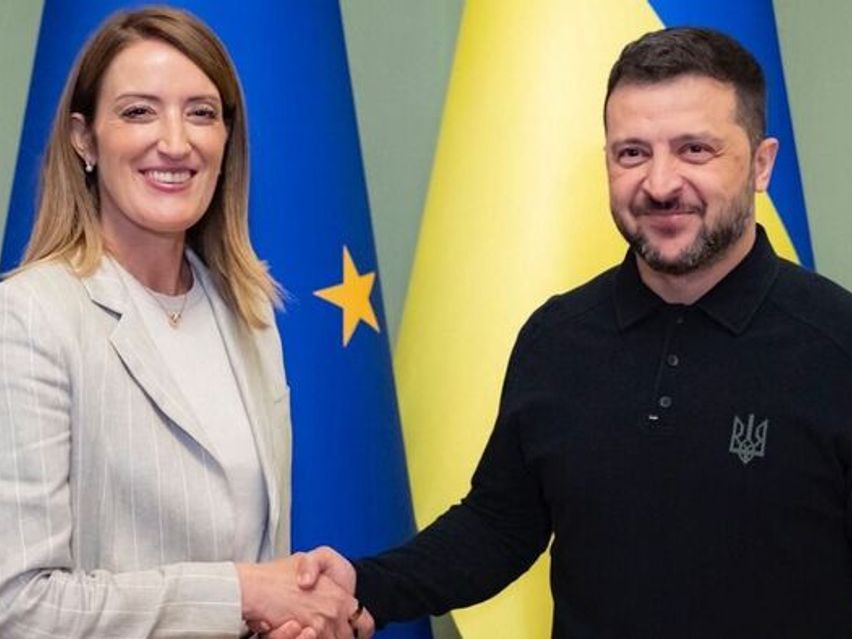

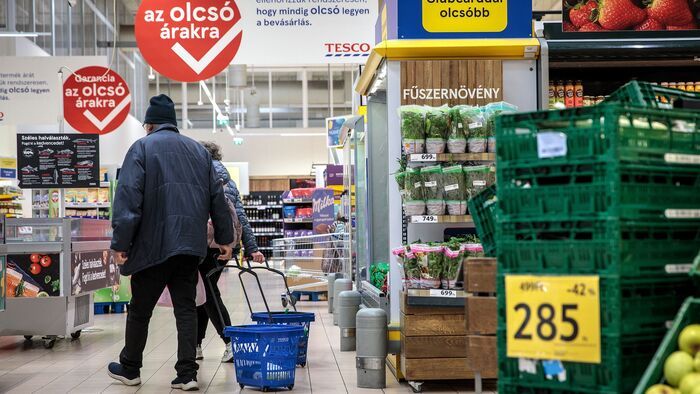


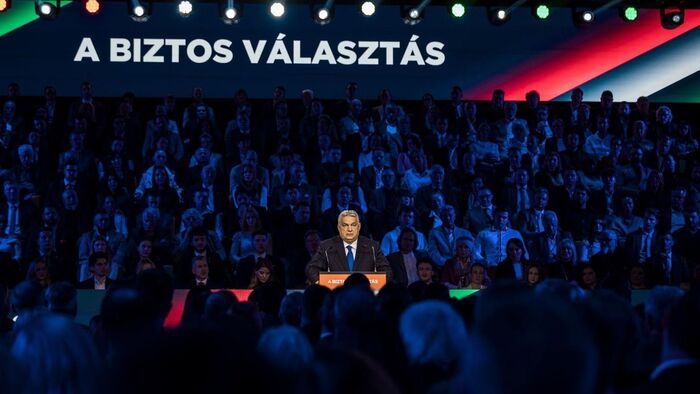

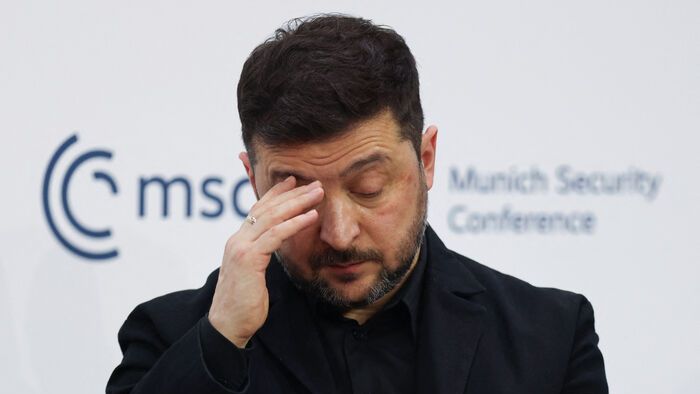
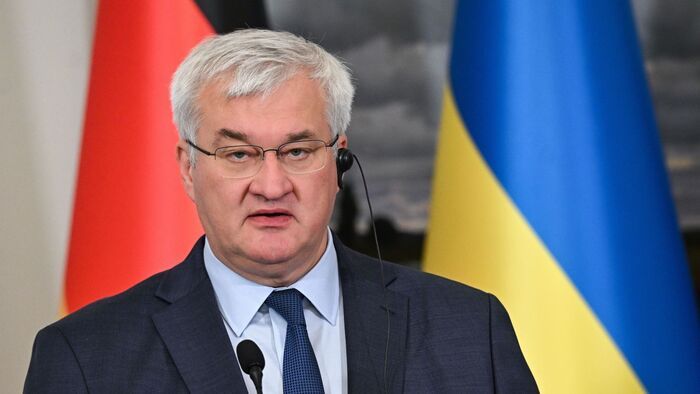

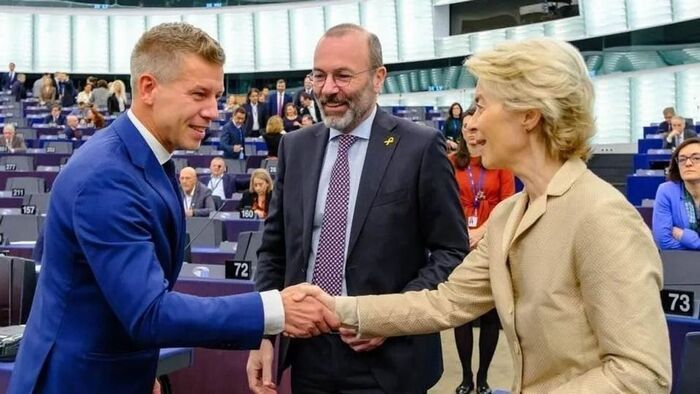





Szóljon hozzá!
Jelenleg csak a hozzászólások egy kis részét látja. Hozzászóláshoz és a további kommentek megtekintéséhez lépjen be, vagy regisztráljon!